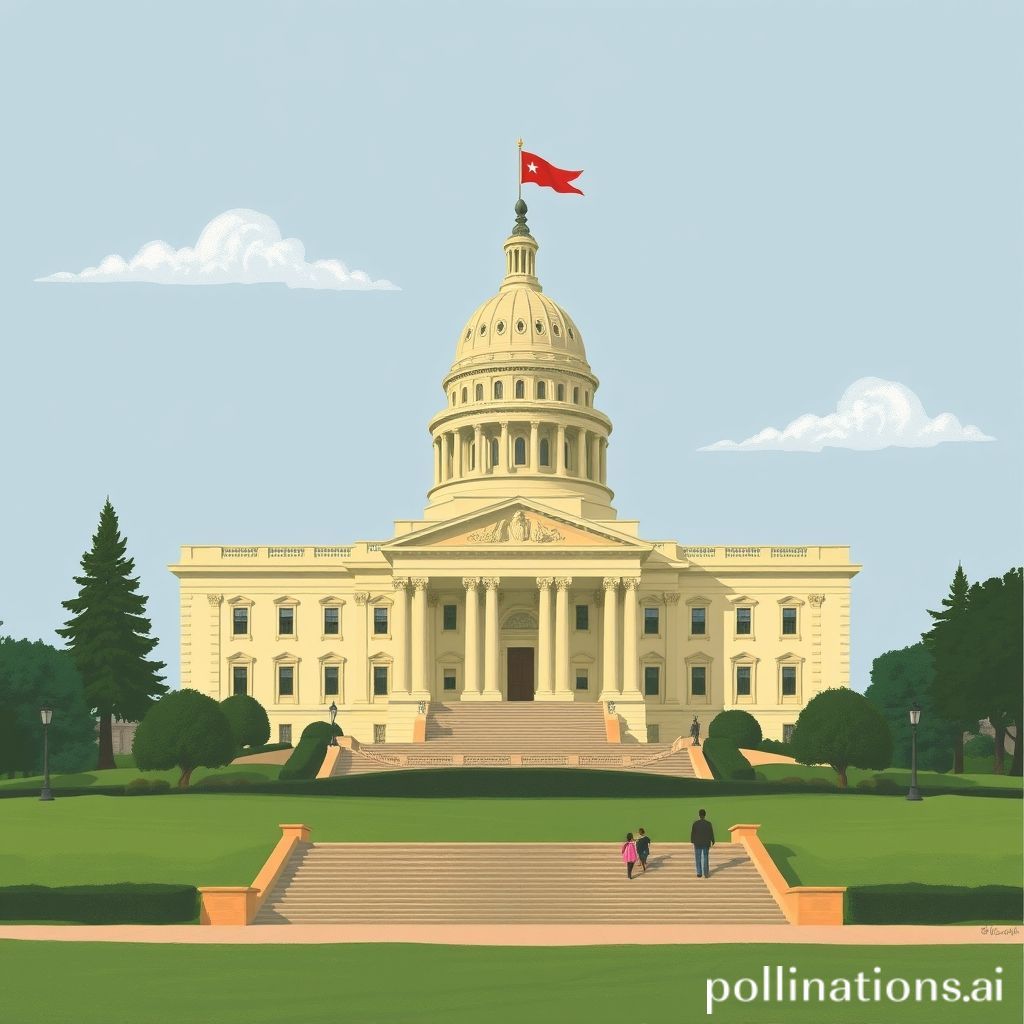California Legislature closes $12B deficit by cutting back immigrants' access to health care

California Legislature closes $12B deficit by cutting back immigrants' access to health care
California's Budget Balancing Act: Weighing Healthcare Access for Immigrants
Hey everyone, it's a complex situation brewing here in California, and I wanted to break it down for you. The state legislature recently finalized a budget aimed at closing a substantial $12 billion deficit. While budget adjustments are commonplace, one particular decision is sparking a lot of debate and raising serious concerns: the reduction of healthcare access for some immigrant populations. Let's dive into what this means and why it's causing such a stir.
Understanding the Deficit and the Solutions
California, like many states, faces budget fluctuations. This year, a projected $12 billion shortfall demanded difficult choices. To address this, the legislature implemented a mix of strategies, including spending cuts, delays in planned programs, and some revenue adjustments. One of the most contentious cuts impacts healthcare services for immigrants.
The Healthcare Cuts: Who is Affected?
Specifically, the budget adjustments affect healthcare benefits previously extended to undocumented immigrants in California. These benefits included access to Medi-Cal, California's version of Medicaid, for all income-eligible adults regardless of immigration status. While emergency services would still be provided, the rollback limits access to comprehensive preventative and primary care.
To be absolutely clear, this doesn't affect all immigrants in California. Legal permanent residents and those with other qualifying immigration statuses generally retain their existing healthcare access. The changes primarily impact undocumented individuals who were previously covered under the state's expansion of Medi-Cal.
What Exactly is Being Reduced?
The changes are primarily impacting the expansion of full scope Medi-Cal to all income eligible adults regardless of immigration status. This means preventative care, doctor visits, mental health services, and prescription medications are all potentially affected. While emergency care is still mandated, the emphasis on preventative care shifts, potentially leading to more costly interventions down the line.
Arguments For and Against the Cuts
As with any significant policy shift, there are arguments on both sides.
Proponents of the cuts argue that these measures were necessary to balance the budget responsibly. They emphasize the need to prioritize fiscal stability and ensure the long-term health of the state's finances. Some also suggest that healthcare services for undocumented immigrants are a significant financial burden on the state.
Opponents argue that restricting healthcare access is morally wrong and economically shortsighted. They emphasize the importance of providing healthcare to all residents, regardless of immigration status, for both humanitarian and public health reasons. They also argue that preventative care is ultimately more cost-effective than treating emergency situations.
Diving Deeper: Comparing Healthcare Coverage Models
To understand the impact, let's compare potential scenarios:
Scenario A: Full Healthcare Access
Preventative care (screenings, vaccinations) is readily available.
Chronic conditions are managed early, preventing escalation.
Overall health outcomes improve, reducing emergency room visits.
Scenario B: Limited Healthcare Access
Preventative care is limited, leading to delayed diagnoses.
Chronic conditions may worsen, requiring more intensive treatment.
Emergency room visits increase for acute conditions.
Public health risks potentially increase due to lack of preventative measures.
Economic Impact: More Than Just Dollars and Cents
The economic consequences of these healthcare cuts are multifaceted. While the cuts may save the state money in the short term, the long-term economic impact could be significant. Limiting access to preventative care could lead to increased rates of illness and chronic disease, resulting in higher healthcare costs down the line. Additionally, a healthier workforce is a more productive workforce, and restricting healthcare access could negatively impact the state's economy.
Beyond the Numbers: The Human Cost
It's easy to get lost in the numbers and policy debates, but it's crucial to remember the human cost of these decisions. Healthcare is not just a commodity; it's a fundamental human need. Denying access to healthcare can have devastating consequences for individuals and families. It can lead to unnecessary suffering, increased rates of illness, and even premature death.
A Personal Reflection
This situation highlights the difficult choices that policymakers face when balancing budgets and allocating resources. There are no easy answers, and every decision has consequences. While fiscal responsibility is essential, it's crucial to consider the human impact of these decisions and prioritize policies that promote health and well-being for all members of our community.
Comments
Post a Comment